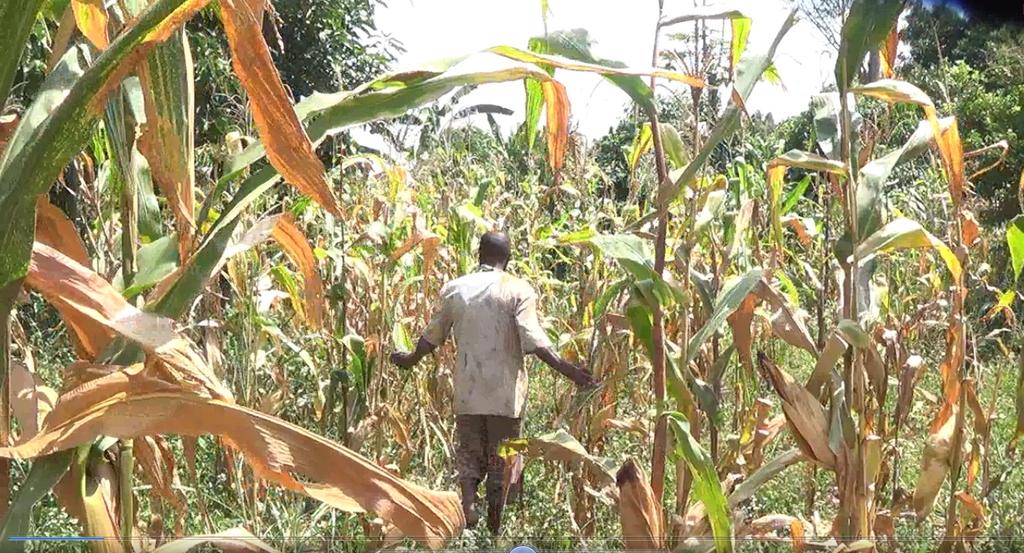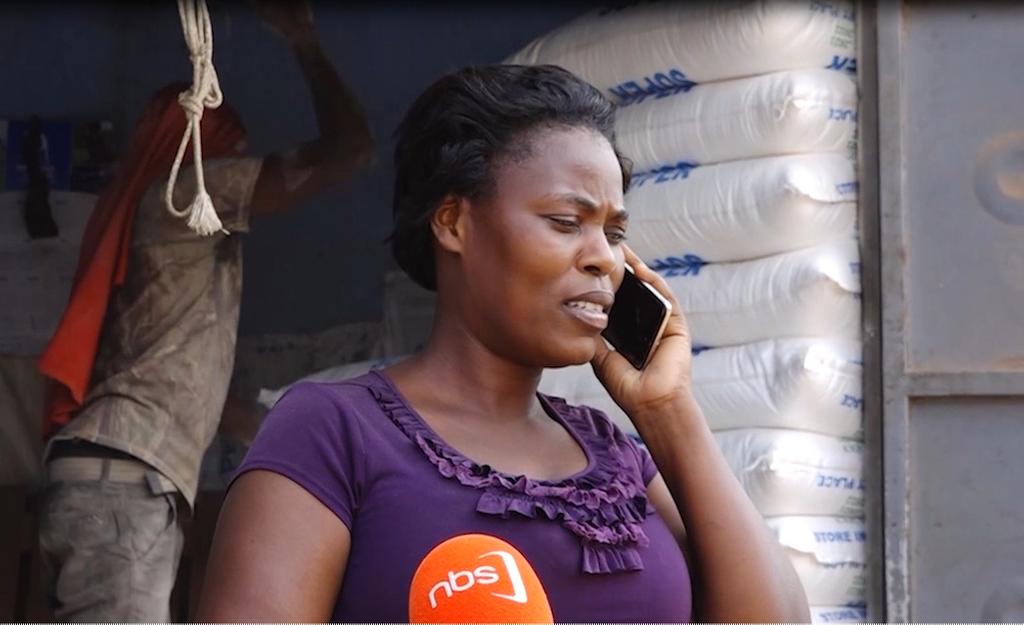Using Chatbot to eliminate middlemen in the agricultural sector
Edson Mayanja is a medium scale commercial maize farmer in Rakai district.
At his farm located at Nabubaale Village Kagamba Sub County, Mayanja often plants maize for two seasons annually; March to July and September to December.
At his three acre piece of land, Mayanja told us that he invests about $ 250 (Shs 800,000) to plough and plant maize per season.
 Farmers are usually shortchanged by middlemen
Farmers are usually shortchanged by middlemen
Each season, he told us, her harvests between three to six tonnes of maize.
Yet this is where matters get complicated.
On average Mayanja sells each kilogramme of unprocessed maize to middle men for between Shs 200 and Shs 500. This means he earns between Shs 200,000 and Shs 500,000 per tonne.
The middle men later process the maize and sell it on the open market for Shs 1500 to Shs 2000 per kilogramme.
In simple terms if Mayanja has to sell roughly 10 kgs of maize grains to buy of one kilogramme to processed maize.
In the same boat as Mayanja is Richard Nyakana who is a mixed farmer practicing agriculture on a one acre piece of land located at Rwengaju sub county in Fort Portal. He too receives peanuts at the end of the day because he is undercut by middlemen.
But what do the middlemen?
Hasifah Namulondo, a middleman and maize exporter based in Kisenyi a Kampala suburb, attributed the low agricultural produce prices to limited international market.
"If you stock maize you bought at Shs 500 per kilo, hoping to sell it at Shs 600 when there is limited international market, the prices will go down and you will make a big loss," Namulondo said.
She blamed the low agricultural prices on some farmers whose post harvest handling of the produce leaves a lot to be desired.
 Hasifah Namulondo says poor post harvest handling is responsible for low produce prices
Hasifah Namulondo says poor post harvest handling is responsible for low produce prices
This undesirable state of affairs led government to establish an Innovation Fund worth Shs 17 billion per year, from which enterprising innovators can draw on to come up with e-solutions to complex problems.
That is where Rhona Brooks Birabwa a co-founder of Onachil Food Store comes in.
Using machine learning and Artificial Intelligence systems, Birabwa has come up with a Chatbot, to help farmers like Mayanja and Nyakana navigate around middlemen.
A Chatbot is an artificial intelligence (AI) software that can simulate a conversation (or a chat) with a user in natural language through messaging applications, websites, mobile apps or through the telephone.
Onachil Food Store company makes and sells cold chain technology to help farmers preserve their produce safely while linking them directly to buyers using Chatbot.
Birabwa said it is unfortunate that most of the farmers are always manipulated by middlemen who offer them low prices for their harvested produce.
The app Chabot has the in built capacity to predict seasonal demand/supply forecasts for different types of produce.
"This helps farmers to know what to produce in a given season and equally informs buyers to know what to trade in in a given season," she said.
Chatbot, she said, will reduce physical interactions between buyers and sellers reducing chances of contracting pandemics like Covid-19.













